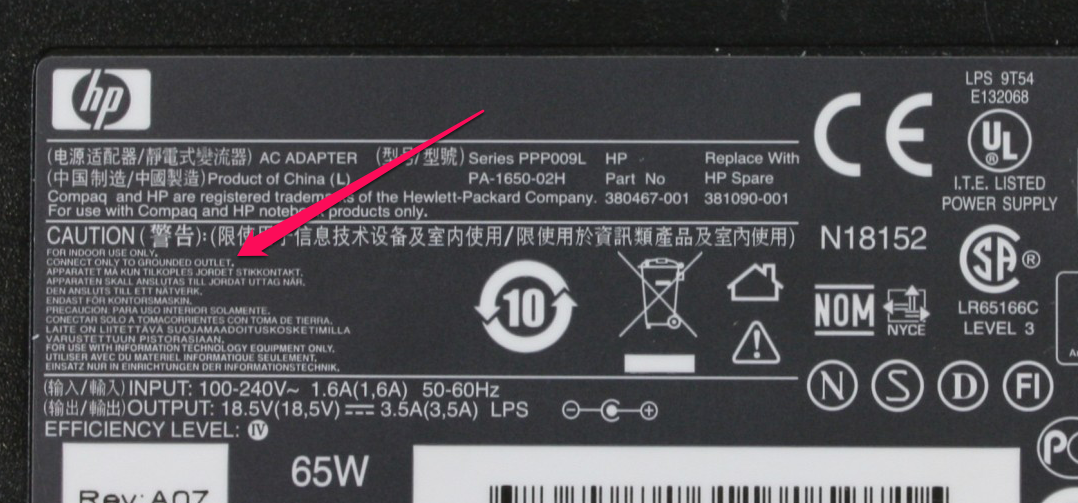An ungrounded GFCI is possibly NOT adequate for sensitive electronics.
You need to check your equipment. If your laptop power supply says that it requires a grounded receptacle, take it seriously:

GFCI's Protect Humans From Electrical Shocks (Grounding is about other stuff)
The primary purposes of grounding are protection from overvoltage (lightning strikes, weird events at the local power substation), voltage stabilization (grounding means connected to the earth, and the earth is the closest thing to a stable reference voltage in most places), and it does also provide a degree of human protection.
You can connect a 3-hole GFCI (or a regular 3-hole receptacle downstream from a GFCI) and it is perfectly safe for living creatures like you.
The GFCI is all about human safety. It trips if there is any imbalance in the voltage on the hot and grounded ("neutral") conductors. The voltage on both wires should be identical when a load is attached. If there is a differential, it's because current is leaking somewhere else. If enough current is leaking through you (particularly through your heart) it might be your last day.
These ungrounded GFCI receptacles, while perfectly safe for people, should be labelled "No Equipment Ground" because they are NOT grounded, and therefore are not necessarily safe for all equipment.
Some equipment is sensitive or highly-sensitive to grounding
Grounding keeps electrical surges from blowing up your appliances and electronics. Grounding helps ensure stable voltage for those sensitive electronics, and it also reduces hum in electronics, and more. At least some surge suppressors shunt current to the grounding conductor (they also absorb current regardless of grounding), and so on.
For example, if your laptop power brick has a 3-prong plug, chances are pretty good that if there's a power surge, it will divert the surge down the ground wire away from your expensive laptop. Unless there's no ground wire.
Look at it this way; if you plug a $20 hair dryer with a three-prong plug (this is an analogy, I have no idea if there actually are any hair dryers with three-prong plugs) into an ungrounded GFCI-protected circuit and something happens to the hair dryer, well, no foul, right? You didn't get electrocuted, and you can throw the hair dryer out and replace it easily enough or suffer the inconvenience of waiting for your hair to dry if $20 doesn't fit in the budget this month.
On the other hand, if you plug a piece of expensive, hard-to-replace equipment into an ungrounded receptacle, well you've been warned. Your warranty will probably be void if the manufacturer determines that the equipment wasn't grounded. If it's insured and the insurance company determines that it wasn't properly grounded, they'll probably deny your claim. If you're an inventor and the equipment is the result of years of hard thinking, sweat and penny-pinching, you're just plain starting over.
But if the receptacle is protected by a GFCI (fingers crossed the GFCI doesn't fail as they occasionally do), then at least you won't get electrocuted.

